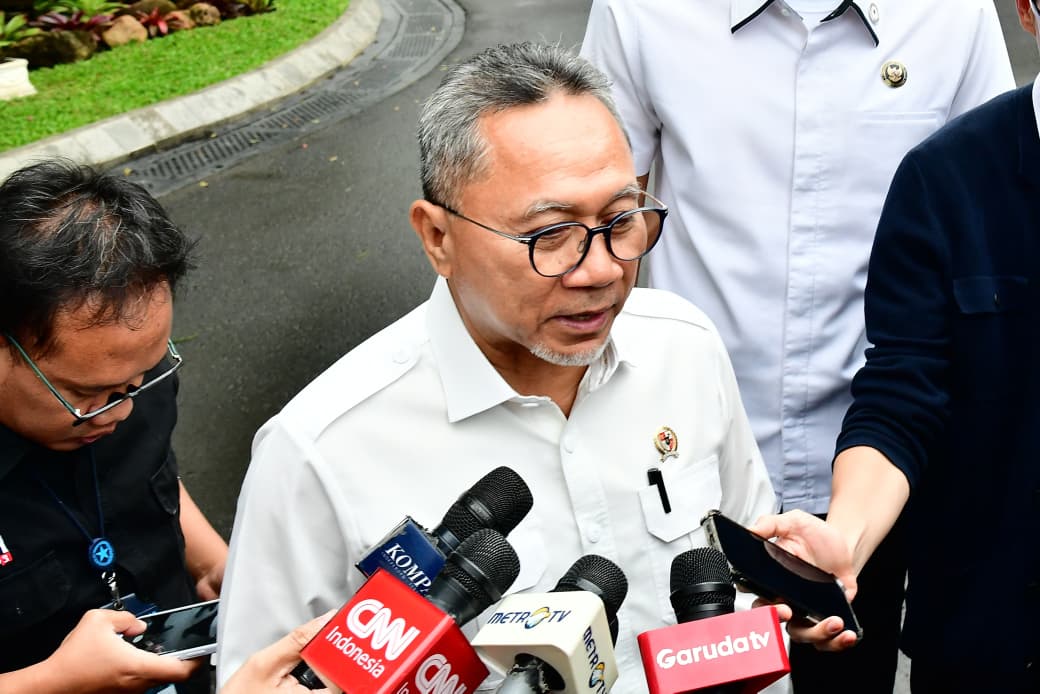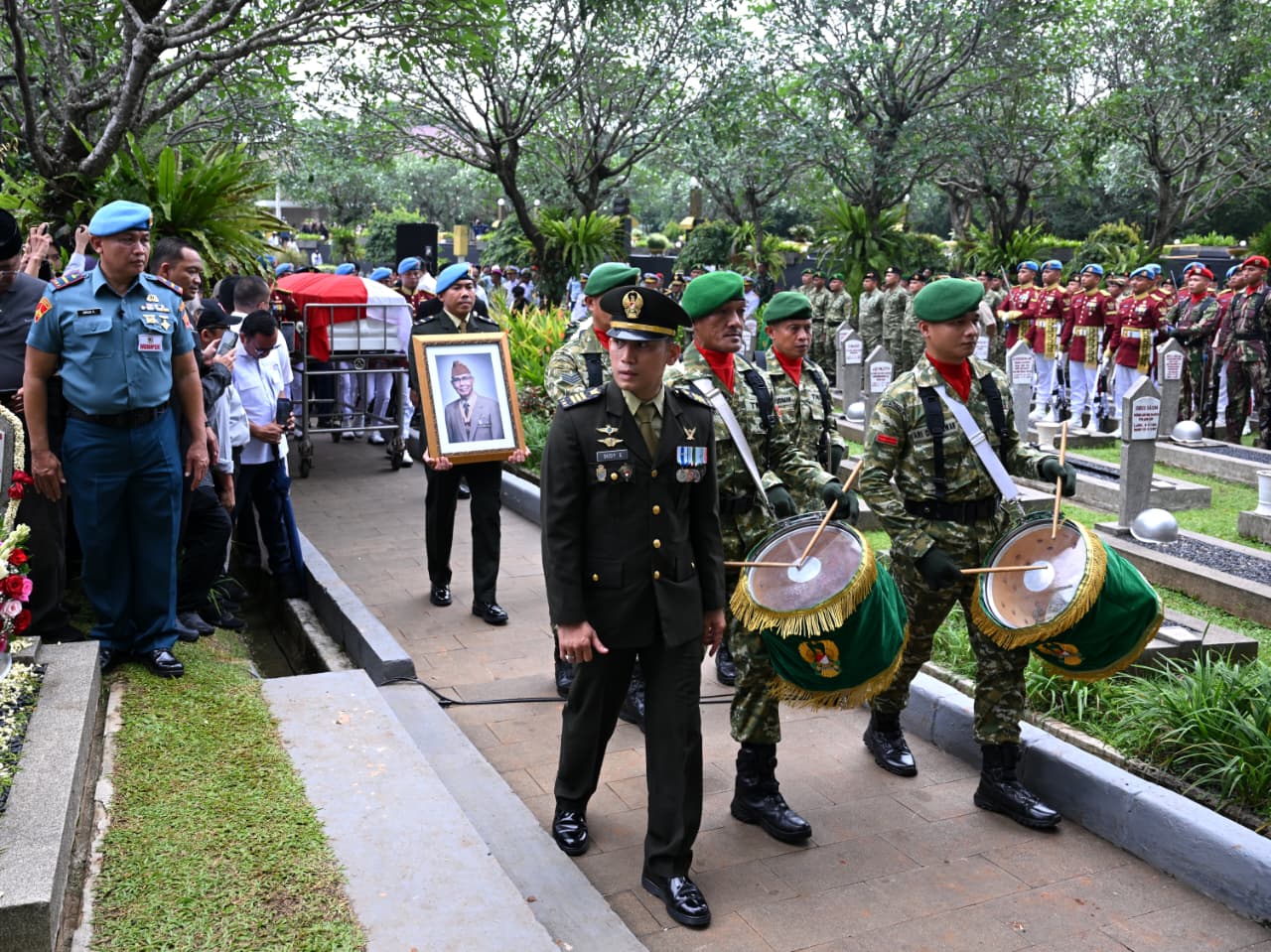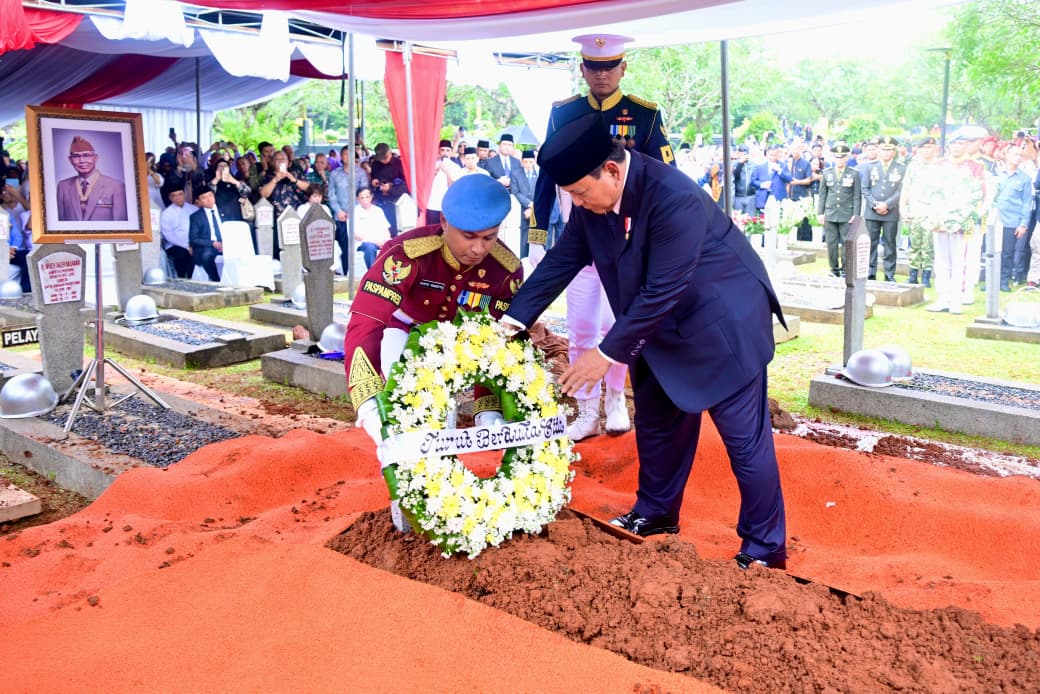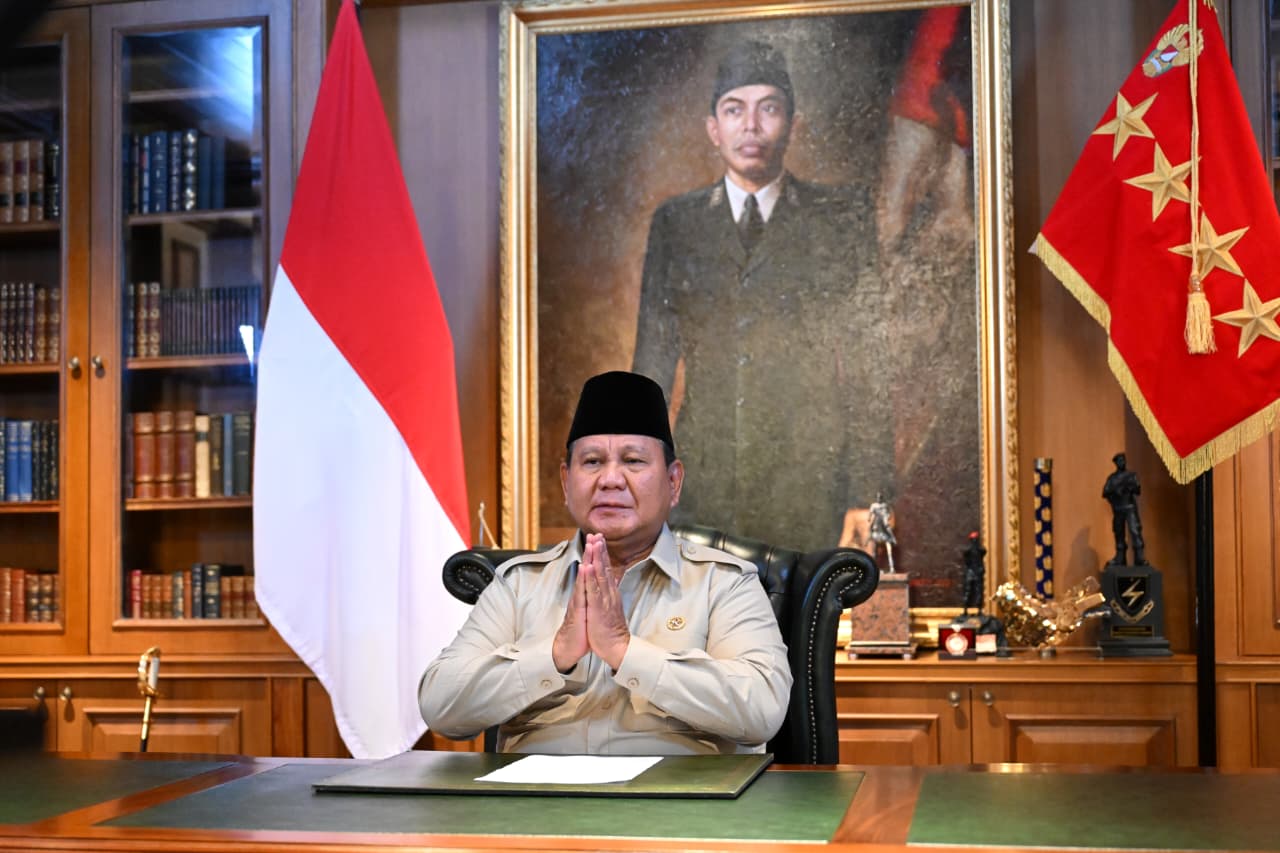President Jokowi Signs Government Regulation on Special Economic Zones
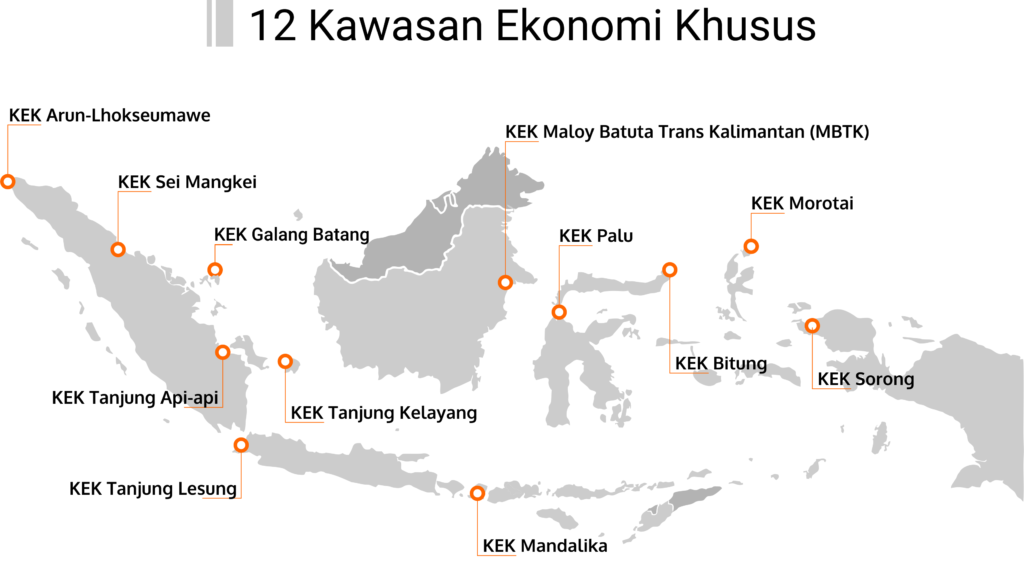 Considering the implementation of provisions of Article 9 and Article 12 paragraph (6) of Law Number 39 of 2009 on Special Economic Zones (SEZs), the Indonesian Government has decided to issue a Government Regulation on the Implementation of Special Economic Zones in accordance with legal developments in the society.
Considering the implementation of provisions of Article 9 and Article 12 paragraph (6) of Law Number 39 of 2009 on Special Economic Zones (SEZs), the Indonesian Government has decided to issue a Government Regulation on the Implementation of Special Economic Zones in accordance with legal developments in the society.
Thus, President Joko “Jokowi” Widodo on 6 January 2020 has signed Government Regulation (PP) Number 1 of 2020 on the Implementation of Special Economic Zones. Under this PP, the operation of SEZ includes proposing the designation of SEZ, designation of SEZ, construction and operation of SEZ, management of SEZ, and evaluation of SEZ management.
Article 3 of the PP states that locations that can be proposed to become SEZ are: a. new area; b. expansion of the existing SEZ; c. a whole or part of the location of the Free Trade Zone and Free Port (KPBPB). “The location of the KPBPB as referred to in Article 3 letter c is the location of the Batam KPBPB, the Bintan KPBPB, and the Karimun KPBPB established under the Law that regulates the KPBPB before or after the stipulated period ends,” Article 4 of this PP reads.
As for location proposed to be an SEZ, under this PP, it must meet the following criteria: a. in accordance with the regional spatial plan and not potentially disturbing protected areas; b. support from the provincial and / or Regency / City Government; c. located in a position that is close to an international trade route or close to an international shipping lane in Indonesia or is located in an area of potential natural resources; and d. have clear boundaries.
“The support of the Provincial and / or Regency / City Government as referred to in Article 5 letter b at least includes: a. commitment to provide incentives in the form of exemption or relief of regional taxes and regional fees; and b. ease of licensing, facilities and others,” Article 7 (3) of this PP reads.
The designation of SEZs, according to this PP, may consist of: a. export processing; b. logistics; c. industry; d. technology development; e. tourism; f. energy; g. creative industry; h. education; i. health; j. sports; k. financial services; and / or other economic activities as specified by the National Council.
Meanwhile, the designation of SEZs, under this PP, may be proposed by: a. business entity; b. Regency / City Government; or c. Provincial Government. While for business entity consists of: a. State-Owned Enterprises (SoE/BUMN); b. Regional-Owned Enterprises (BUMD); c. cooperative; d. private business entity in the form of a limited liability company; and e. joint venture or consortium. In certain cases, the Government may designate an area as an SEZ based on proposals from ministries / non-ministerial government institutions.
Proposal for designation of SEZ, under this PP, is submitted in a written proposal to the SEZ National Council by: a. Leader of Business Entity; b. Regents / Mayors; c. Governor; d. Ministers / Heads of non-ministerial government institutions; or e. Chairperson of the KPBPB Regional Council. “The National Council shall conduct a study of the proposed SEZ formation as referred to in a maximum period of 45 (forty five) working days from the receipt of a written proposal and the required documents,” Article 21 of this PP reads.
The PP also states that in the event that the National Council approves the designation of an SEZ, the National Council shall submit recommendations for the designation of SEZ to the President, if approved, then stipulated by a Government Regulation. In the meantime, business entities, Provincial Governments, Regency / City Governments, ministries / non-ministerial government institutions, and the KPBPB Regional Council, under this PP, will start the construction of the designated SEZ until it is ready to operate within a maximum period of 3 (three) years.
“Funding for SEZ development derives from: a. state budget; b. regional budget; c. business entity; and / or d. other legitimate sources in accordance with the provisions of the laws and regulations,” reads Article 39 of this PP. Management of SEZ, under this PP, is carried out by: a. Administrators (established by the Regional Council); and b. Business Entity manager.
Under this PP, the Administrator reports the implementation of duties to the Zone Council. Afterwards, the evaluation results are submitted to: a. Administrator; and b. National Council. Furthermore, the results of the National Council’s evaluation may consist of: a. direction to the Zone Council for improving the performance of SEZ operations; b. monitor the operation of SEZ; and / or c. provide recommendations to follow up the operations of the SEZ in the form of: 1. termination of the SEZ management agreement in the event that the managing Business Entity is determined in accordance with the provisions; 2. improvement of the SEZ operational management in the event that the managing Business Entity is the proposing Business Entity or Business Entity that cooperates with the government and Business Entity; or 3. proposing the revocation of the SEZ designation.
Transitional Provisions, under Article 57 of this PP, state that: (1) Proposing the designation of SEZ that has been submitted to the National Council and has not been decided and / or designated as SEZ before this Government Regulation comes into force, is carried out based on this Government Regulation; (2) Development of SEZ carried out and not yet declared ready to operate before this Government Regulation comes into force, is finalized based on this Government Regulation; and (3) SEZ that had operated before this Government Regulation comes into force, adjusted its management based on this Government Regulation.
“This Government Regulation shall apply as of the date of its promulgation,” reads Article 61 of the Government Regulation Number 1 of 2020, promulgated by Minister of Law and Human Rights Yasonna H. Laoly on 8 January 2020. (Data and Information Center/EN)
Translated by: Estu Widyamurti
Edited by: Muhardi
Reviewed by: Yuyu Mulyani





